Resources for Queer Women and Girls!
Launching resources for the school year to celebrate life-long learning and the contributions of queer women and girls!
With funding from the Tegan and Sara Foundation, RFF has been able to expand our Resource Portal with resources focusing on queer women and girls and their relationship to spirituality and religion. In the first launch of these resources, we are excited to showcase incredible work exploring coming of age stories, discovering one’s identity and belonging, and the reflections on queer spirituality that accompany life-long learning.
Muslim Girl, an online publication, was founded in response to the prevailing misconceptions about Islam and to show the diversity and agency of Muslim women and girls across the world. At the intersection of politics, society and culture, they have staff writers and guest columns on a range of issues, including queerness and Islam. Some great articles include: "A is for Asexuality: Life as a Queer Muslim Woman in Pakistan," "This Ramadan, I Didn't Shame Myself for Being Queer," "6 Things Queer Muslims Are Tired of Hearing," and "Why I Can't Just Quit Islam: A Queer, Shi'a American's Tale."
In Vivek's Shraya's The Boy & The Bindi, a moving and gorgeously illustrated children's book, a young boy asks his mother about the "dot" she wears on her brow. She explains it is a bindi that "keeps [her] safe and true," and he asks for one too. Given a yellow bindi, the boy wears it outside and to school, and he feels the bindi helps him become "everything he can be." The story is suitable for ages four to eight, exploring gender and cultural difference Read aloud by The Cultural Cafe on YouTube and published by the Arsenal Pulp Press.
In this 1999 cult classic film, But I’m a Cheerleader!, the parents and friends of Megan Bloomfield, played by Natasha Lyonne, hold an intervention and tell her she must pack her bags and attend a residential program to “cure” her lesbianism. Inspired by the director Jaimie Babbit’s mother’s real-life conversion therapy camp, the film is a comical and absurdist look at the religious right and queer culture. Also starring Clea Duvall, and Ru Paul. Available for streaming in Canada on Amazon Prime Video, CTV, and Crave Starz. Available on YouTube and Netflix in the United States.
Home Video is a new album from singer-songwriter Lucy Dacus that explores her own coming of age stories, alongside the impact of growing up in church circles as a queer person. One song off the album, “VBS,” talks about her experience attending bible camp, which Dacus described to the Times as standing for ‘Vacation Bible Song ‘ (VBS). Finally, the song, “Triple Dog Dare,” closes the album and explores queer love forbidden by the church.
The Queerituality Guide is short ‘zine’-like booklet aimed at queer people of faith. Inspired by queer chaplain Mandi Rice’s journey across the United States interviewing nearly 100 queer people about their faith, Rice writes that “This booklet is for you if you hear the word “religion” and say “ugh.” Or “fuck that.” Or “fuck them.” As queer & trans folks, a LOT of us have those reactions, for good reasons. We may want richer spiritual lives… but who would we even trust to teach us?I went around the U.S. to find people who were themselves queer/trans & spiritual. From nearly 100 people I learned 1 lesson: You can’t just unthink religious harm. You have to live your way beyond it.”
First published in 1993 and revived in the past decade, Ravensong is an astonishing and groundbreaking novel written by acclaimed Canadian author Lee Maracle. In the story set in 1954, there is a gulf between two worlds - one is the Salish society from which 17-year-old Stacy emerges and the other is the white, urban Vancouver she moves to when seeking formalized education. Raven, a trickster figure, decides these worlds must be reconciled, yet an epidemic wreaks havoc in uneven ways (not so dissimilar from the COVID-19 pandemic's impacts). Ravensong also explores, in subtle and decolonizing interrogations, the gulfs between sexualities in Western contexts and the colonial teachings of homophobia in Indigenous societies, as told in the lives of a lesbian couple who live in the Salish community.
We truly hope you enjoy and engage with these materials. We have so enjoyed learning from these amazing artists, writers and thinkers.

